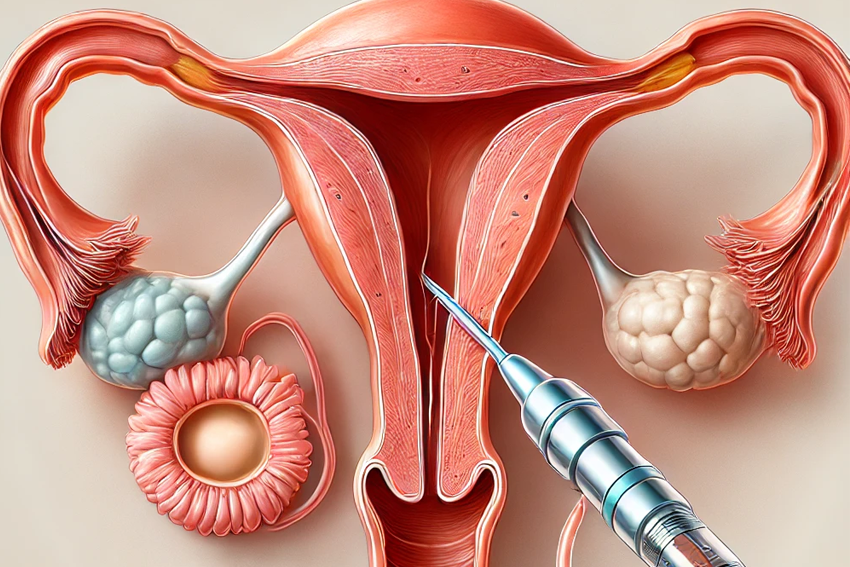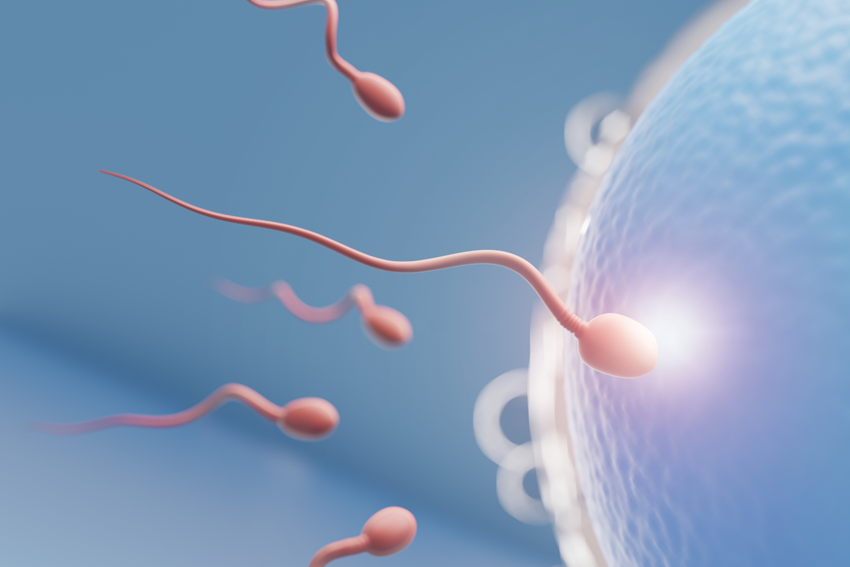Trying to Conceive? Why It’s Normal If Pregnancy Doesn’t Happen Right Away!
If you're trying to conceive and haven't seen that positive pregnancy test yet, you're not alone—and you're not doing anything wrong. Many couples expect to get pregnant immediately after they start trying, but in reality, it often takes time. The road to parenthood is different for everyone.
One of the most important things to understand early on is this: not conceiving in the first few months is completely normal.
Understanding the Timeline of Natural Conception
According to leading fertility specialists, conception can take up to 12 months for a healthy couple under 35 having regular, unprotected intercourse. That means:
- In the first three months, about 30% of couples conceive.
- By six months, around 60% will get pregnant.
- By 12 months, approximately 85% will have conceived naturally.
So, if it’s been just a few months, try not to stress. Timing, ovulation, stress levels, health conditions, and even travel or illness can influence whether or not a pregnancy occurs in a given cycle.
When Should You Start Worrying?
Infertility is medically defined as the inability to conceive after:
- 12 months of trying if you're under 35
- 6 months of trying if you're 35 or older
If you've been actively trying to conceive for that long without success, it's time to consult a fertility specialist. Early evaluation can uncover possible issues—both male and female factors—that might be affecting your chances.
Common Reasons for Delayed Conception
Infertility can stem from a wide range of issues. Here are some common causes:
Female Factors:
- Ovulation disorders (like PCOD or hormonal imbalances)
- Blocked fallopian tubes
- Endometriosis
- Thyroid dysfunction
Male Factors:
- Low sperm count or poor motility
- Hormonal imbalances
- Lifestyle factors (smoking, alcohol, stress)
Other Contributing Factors:
- Age (especially for women over 35)
- Being overweight or underweight
- High levels of stress
- Unhealthy lifestyle habits
That's why it’s critical to look at both partners when assessing fertility.
The Role of a Fertility Specialist
If you've been trying for a while and not getting results, a consultation with a fertility doctor in Hyderabad, like Dr. Durga Vytla at Nova IVF, can be the next logical step. Fertility specialists can:
- Conduct basic evaluations like hormone tests, semen analysis, and ultrasounds
- Identify potential fertility issues early
- Recommend lifestyle modifications or targeted treatments
- Offer advanced fertility treatments like IUI or IVF, if needed
Don’t Delay: Why Early Fertility Evaluation Matters
One of the biggest mistakes couples make is waiting too long to seek help. Especially if you're over 35, the window of optimal fertility becomes narrower with time. By consulting a fertility specialist early, you gain access to:
- Personalized guidance
- Fertility planning based on age and ovarian reserve
- Improved treatment outcomes if intervention is needed
Lifestyle Tips to Boost Fertility Naturally
While medical support is crucial in some cases, there are many natural ways to improve fertility while you're trying to conceive:
- Track ovulation with apps or ovulation predictor kits
- Maintain a healthy weight and balanced diet
- Exercise moderately, but don’t overdo it
- Reduce alcohol, caffeine, and avoid smoking
- Sleep well and manage stress
- Have intercourse every 2-3 days during your fertile window
Your Journey, Your Pace
It’s easy to compare your journey with others—especially in a world where pregnancy announcements fill social media feeds. But every fertility journey is unique. Don’t let monthly disappointments define your hope.
Some couples conceive within a few months, others may need assistance—and that’s perfectly okay. Whether it’s natural conception, ovulation induction, or IVF, the goal remains the same: bringing a healthy baby into your life.
Support and Compassion Make a Difference
The TTC (Trying to Conceive) journey can be emotionally taxing. Anxiety, frustration, and isolation are common feelings. Surrounding yourself with compassionate professionals and a strong support system can ease the path ahead.
At clinics like Nova IVF Fertility, Hyderabad, you’re not just a number—you’re given personalized care, expert counseling, and access to the latest fertility technologies. Dr. Durga Vytla, a trusted name in women’s reproductive health, is known for her empathetic approach and high success rates.
Final Thoughts: Hope Is Never Lost
If you’ve been trying to conceive for a few months without success—don’t panic. It doesn’t mean you're infertile or something is wrong. But if it’s been longer than 6–12 months, take that first step and speak to a fertility specialist.
With the right care, diagnosis, and treatment, parenthood is still within reach.
📞 Ready to get expert guidance?
Book a consultation with Dr. Durga Vytla in Hyderabad, and take the next step in your fertility journey.
Because hope, science, and expert care go hand-in-hand on the road to parenthood.
#FertilityAwareness #TTCJourney #InfertilitySupport #IVFSuccess #WomensHealth #MaleInfertility #HopeForParenthood


